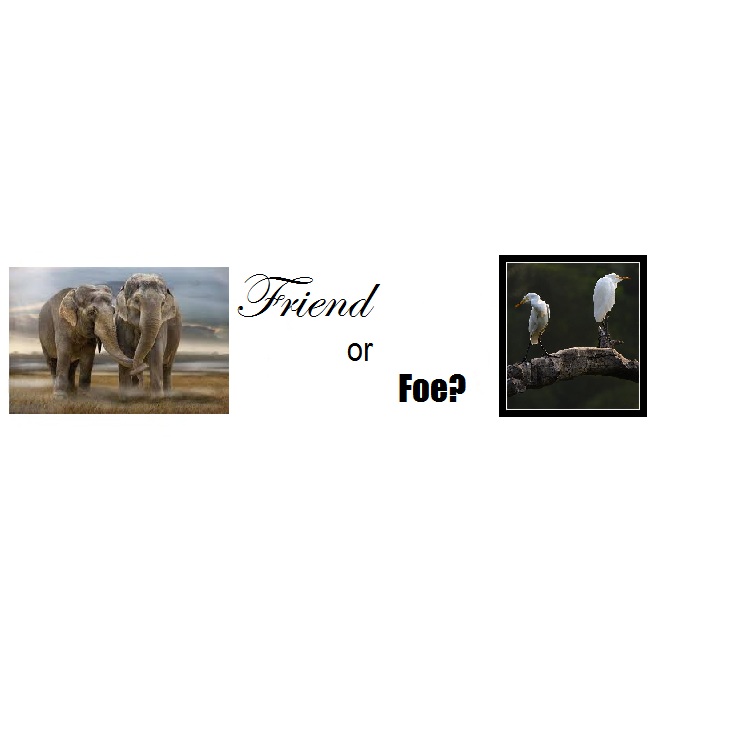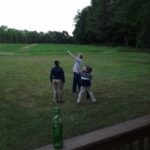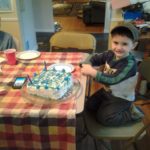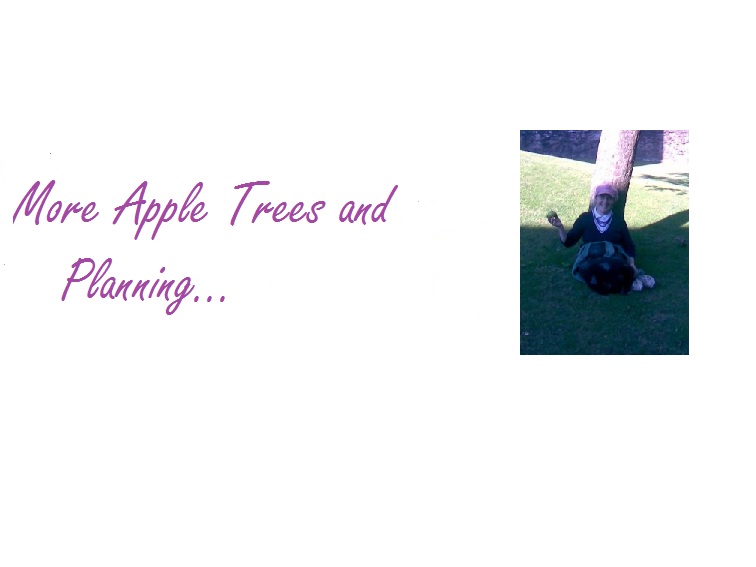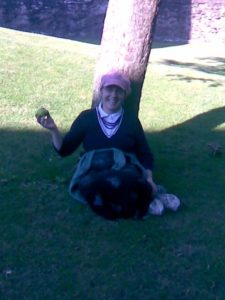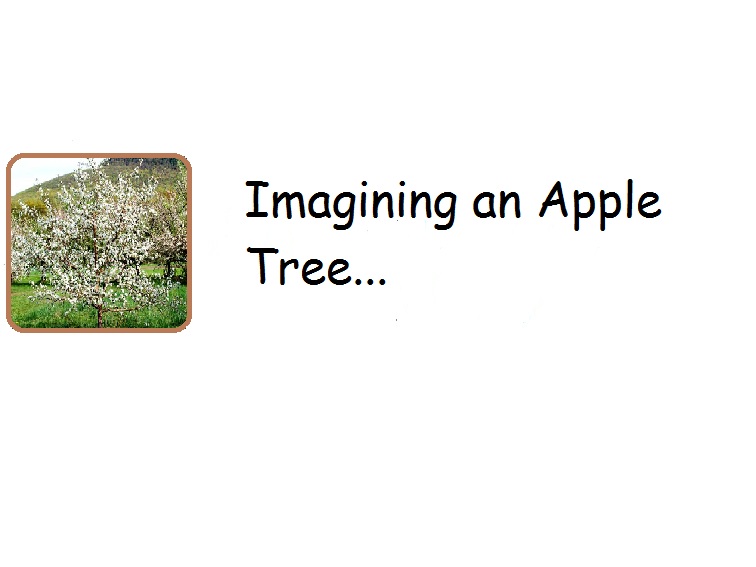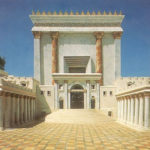 I hope you will forgive me if this post is not so into homeschooling like I would usually write.
I hope you will forgive me if this post is not so into homeschooling like I would usually write.
I don’t do well with fasts usually, I think the big reason is because I have children and I have to move around. My boys are, B”H, all getting bigger, and I was able to rest in bed most of the morning. With some migraine medicine I am still very functional, slow, but functional and for that I’m very thankful.
As I am typing, I have approximately 1.5 hours left of the fast. Yesterday I went to a little learning group and as we were leaving, we were discussing that really is not that we should all have easy fasts (though we hope we all do,) it is that we should all have a purposeful fast. All day today I tried to figure out how to have a purposeful fast. What is the meaning of today, the saddest day in the Jewish calendar? Of course there are the physical things we do such as not eating or drinking for 25 hours, sitting on low stools for half the day, not wearing leather and not anointing ourselves, but these are only for the outside, the physical body, what about the spiritual part of our body, our souls? What are we suppose to do for that?
So, the big question is – what happened to cause this day to be such a sad day? We know that there have been so many calamities that happened on this day – both the first and second Bait Hamikdash were destroyed, the expulsion of the Jews from England in 1290, the Inquisition of Spain in 1492, World War I was declared, and many others (see Ohr Samayah). Why? Why on this particular day?
We know over 2000 years ago, Hashem had just taken us out of Egypt with 10 amazing plagues, He split the sea for us to cross, gave us heavenly food to eat and we had just received the Torah. We were poised and ready to enter the promised land, the land flowing with milk and honey. But even after all of this, we were not sure. Was it really a land flowing with milk and honey? Could we REALLY believe Hashem? Huh? After all that we still doubted Hashem? It is true. We wanted to send spies to the promised land to verify what Hashem really said was true. Hashem let us. Twelve spies were sent to scope the land and then come and relate a report to the rest of us. Then, a terrible thing happened. Ten of the spies told a negative report. They spoke lashon hara. Not only that, we believed the lashon hara and we spend the entire night crying. Crying for nothing.
Hashem then told us that since we cried for nothing that night, the night of Tisha B’Av, that would be a day where we would cry for something. Wow! Hashem was being so cruel you may say. Just because we cried, Hashem made this day to be full of terrible calamity for us. Isn’t Hashem suppose to be loving and kind and caring? This does not sound like a loving and kind and caring Hashem!
Let us take a look at the report that the spies brought back. Yes, they said the land was indeed flowing with milk and honey and the huge fruits they brought back showed that. However, there were also giants that lived in the land. The spies said “בְעֵינֵינוּ כַּחֲגָבִים וְכֵן הָיִינוּ בְּעֵינֵיהֶם” (Bamidbar/Number 23:33) – “…In our eyes, we seemed like grasshoppers, and so we were in their eyes.” Meaning, we FELT like grasshoppers so they must have thought we were. The giants never said they thought we were, but we thought so, therefore we must be. Grasshoppers cannot defeat giants. We gave up before we even tried!
Who are we to say what we are capable or not capable of achieving without even trying? We did not believe Hashem – the All Knowing, the One who created each one of us, the One who knows better than we what we are capable of, the One who performed all those miracles – and instead, we believed the lashon hara spoken. It turns out it was a punishment that we brought upon ourselves. It was us who turned this day into a day of mourning.
My older boys have been kvetching about each other all week. Someone is always seemingly hurting another, and it is obviously always on purpose. Obviously… to them, but not to me. I finally sat them down and told them (again) the story of Kamtza and Bar Kamtza. In short, a wealthy man had a friend, Kamtza, and an enemy, Bar Kamtza. This man threw a party and the servant accidentally invited Bar Kamtza. Bar Kamtza thought this man wanted to make up with him and went to the party, only to find out that it was all a mistake and the host was upset his enemy showed up. After repeated attempts by Bar Kamtza to pay for part, half and then all of the party just so he would not feel embarrassed about being thrown out, his pleas were refused. Not a single rabbi or guest at the party said anything to help alleviate the anger and tension between the two men. In the end, Bar Kamtza set up a trick to get the Caesar upset with the Jews. Not only did the Caesar get upset, but he destroyed the Bais Hamikdash. (See a more complete story here.)
We sat and talked about what that all means – to have strife amongst people, to always feel that people are out to get you. What does that kind of thinking bring you? The destruction of the Bais Hamikdash. When we have strife with others, we are thinking only of ourselves and not anyone else. We talked about how lucky they were to be able to become close friends with each other. Most siblings are friends with peers, but not their siblings. Friends will come and go, but siblings will always be there, no matter where everyone lives. Baruch Hashem, my sister and I are very close, however, that only happened after we were both married. My boys have the opportunity to create an even greater bond by starting out loving each other now. If I hand someone a stick, they will be able to break it very easily, however, if I give them 20 sticks in a bundle, they will most likely not be able to break it. The same goes for brothers and sisters who are close and care for each other. When we are all united, we cannot be broken.
Okay, so they understand that they need to love each other and help each other, but what really does that mean? That means they need to start giving each other the benefit of the doubt. Instead of coming to me crying every time someone touches them so that they can tell me what the other person did and get that person into trouble, it means they need to believe that people are not out to get them. When someone touches them, or hurts them, they need to believe that person did not purposely mean to hurt them. Perhaps the person did not know they were there, perhaps the person was just wanting to get their attention and did not realized what they did hurt. It also could be that you got them angry and they reacted.
Whatever the case is, if we can have a more positive outlook at everyone – giving them the benefit of the doubt, that will prevent strife and help create love for others. When we have love for each other we are united and hard to break – just like the bundle of sticks. As this fast is coming to a close (just a couple more minutes over here – and yes, it has taken me that long to write and cuddle kids, and send them to bed!) let us take a few moments and reflect on our lives. How is it that *I* can create less strife? Who am I angry with and how can I resolve the conflict? Are they really out to get me, or am I taking things out of context? Should I be giving anyone the benefit of the doubt? How can I create more ahavas yisroel (literally: love of Israel – more love for each Jew)?
When we are united we are no longer thinking just about ourselves, we are watching out for the entire Jewish nation. We are also more careful to not speak lashon hara. It is up to each one of us. You may be thinking this is a hard and unimaginable task, however, remember not to quit before you try. We *CAN* do it, we just have to try. Let us not cry for no reason any more. Let us trust in Hashem that we really can. It is at this time Hashem will bring Moshiach, the third and final Bais Hamikdash and the final redemption, speedily in our days.

